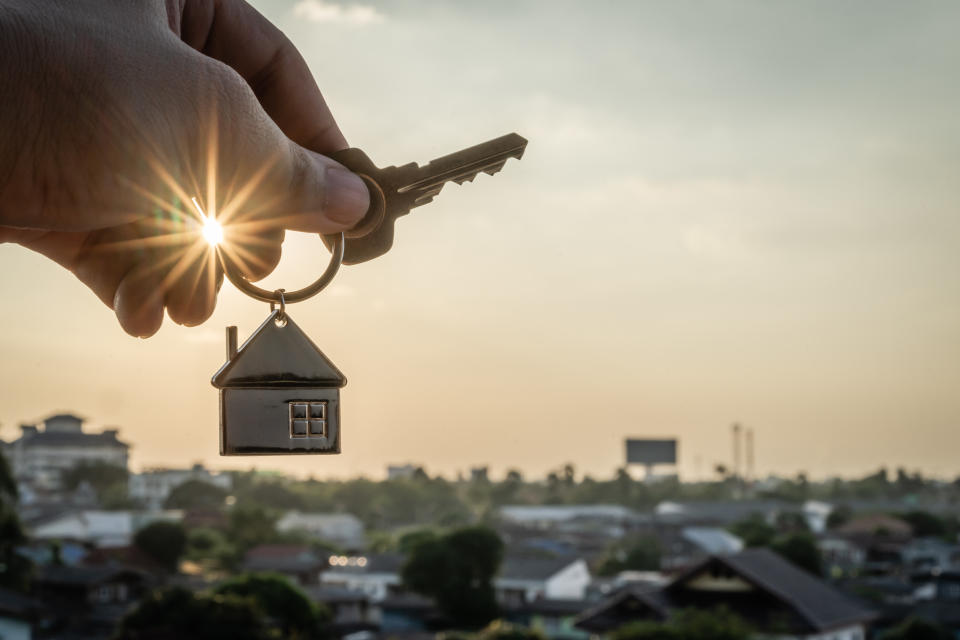How to make money as a professional property investor

There’s something that seems to be common to lots of Australians — we love to own property. Of course, it has become harder because most of us want to live either close to the CBD of major cities, near beaches or close to other great facilities that makes non-work life really enjoyable.
One of the pluses from the tragedy that has been the Coronavirus has been the work-from-home trend, which undoubtedly will see a lot more bosses entertain their staff working more from home.
This will increase the demand for properties in outer suburbs or even in country towns that maybe are one to two hours from the city or a major centre for employment.
At the same time, a lot of CBD apartments that used to be for foreign tourists and students are now on the long-term rental market and some investor/property owners are deciding to sell. This means some apartments that would have been too expensive for young locals to buy might be more affordable, especially if they’re being bought to rent out.
More from Switzer: The $100,000 reason you should become smarter with your money
More from Switzer: Revamp your finances: How to get a money strategy and stick to it
More from Switzer: 4 simple daily habits to become a millionaire
Many first home buyers, who can’t buy a property in the suburb where they want to live in, actually buy a home and rent it out until they can afford to live in their purchased property. By doing that, you can benefit from tax deductions that make the buy-to-rent deal work out.
If you’re thinking about becoming a landlord/property investor, then here are some questions, a property expert, Paul Miron (from M Squared Capital) and I suggest you should answer these questions:
Do you really understand how the investment works and structure? This includes the tax benefits and how you’ll make the payments.
What is the business case for the investment? Will it pass the pub test – you know, would the average person buy this property? Do you know what it will actually cost you? How much will you make if you keep the investment for five or 10 years?
Does it commercially make sense? Is this the best use of your money? Could you buy cheaper, better and with more potential capital gain?
What could go wrong? Are you able to pivot if interest rates change or a tenant doesn’t pay your rent, etc?
Can you easily obtain the due diligence on the investment and people engaged in it? Do you have the lawyers/experts to make sure you don’t buy into a bad investment? Remember those who bought into apartments with cracks in the walls and fire-threatening panelling!
Will my investment withstand an unexpected economic shock or event? How would your investment deal with another pandemic?
When it comes to big investments involving borrowed funds, I argue that you need to treat the investment like a new business.
These questions help you create a business or property investing plan. Don’t buy property without one!
Make your money work with Yahoo Finance’s daily newsletter. Sign up here and stay on top of the latest money, economy, property and work news.
Follow Yahoo Finance Australia on Facebook, Twitter, Instagram and LinkedIn.

 Yahoo Finance
Yahoo Finance 
